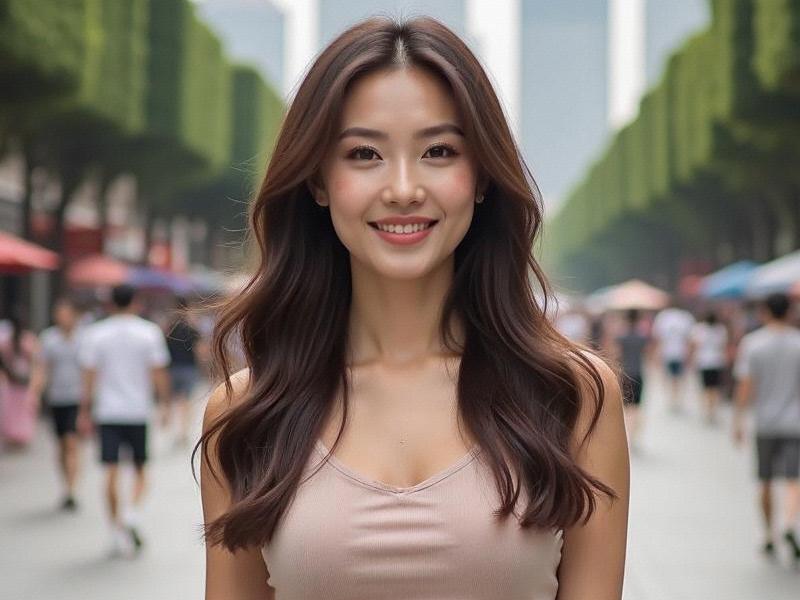This in-depth feature explores how Shanghai women are redefining Chinese femininity through a unique blend of traditional aesthetics and global influences, creating what experts call "Haipai" (Shanghai-style) fashion philosophy.

The morning ritual begins before sunrise in a high-rise apartment overlooking the Bund. As the first light touches the Huangpu River, 28-year-old finance executive Li Jiaqi performs her elaborate 12-step skincare routine while reviewing market reports. This meticulous balancing act between self-care and professional ambition epitomizes what urban sociologists call "The Shanghai Woman Paradox" - the art of maintaining traditional femininity while conquering corporate boardrooms.
Shanghai's fashion scene reveals three distinct trends reshaping Chinese beauty standards:
1. The New Qipao Revolution
上海龙凤419贵族 Once considered nostalgic costumes, the qipao has been reinvented by Shanghai's young professionals. Designers like Helen Lee have modernized the traditional dress with stretch fabrics and minimalist cuts. "We're seeing qipaos paired with sneakers in the French Concession cafes," notes Vogue China editor Margaret Zhang. Sales of contemporary qipaos in Shanghai grew 47% last year, particularly among women aged 25-35.
2. The Power Makeunder
Unlike Beijing's overt displays of status or Guangzhou's pragmatic fashion, Shanghai women have perfected subtle power dressing. "It's about looking approachable yet authoritative," explains image consultant Sophie Chen. The trend favors neutral palettes with strategic pops of color - think ivory blazers with emerald green silk blouses. Luxury brands like ICICLE have built entire collections around this aesthetic.
上海贵族宝贝sh1314
3. The Skincare Intellectuals
Shanghai boasts China's most sophisticated beauty consumers. Dermatology clinics report that 68% of their clients can accurately explain the difference between peptides and retinoids. "Our customers don't just buy products - they study ingredient lists like research papers," says SK-II Shanghai counter manager Wang Lu.
上海品茶论坛 The economic impact is staggering. Shanghai's beauty market reached ¥52.8 billion in 2024, with local women driving 73% of purchases. Homegrown brands like Pechoin are outperforming international competitors by combining TCM wisdom with cutting-edge science.
Yet challenges persist. The pressure to maintain "Shanghai standards" contributes to rising cosmetic surgery rates, particularly dangerous "leg lengthening" procedures among young professionals. Mental health experts warn about growing anxiety related to appearance maintenance.
As Shanghai solidifies its position as Asia's fashion capital, its women continue rewriting the rules - proving that in China's most cosmopolitan city, beauty is neither purely Eastern nor Western, but something distinctly Shanghainese.